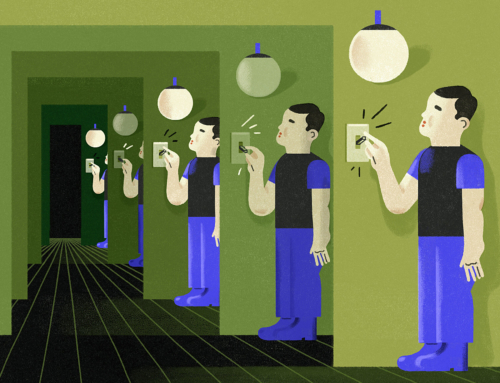Tuesday 6th of September, 2022.
Written by Clinical Psychologist, Ebony Collins.
MEDITATION MYTHS

Everyone has heard of meditation. Some people practice it regularly, some like the idea of it but don’t get any further, others have tried it, and some just don’t think it’s for them. This month we debunk some of the myths about meditation ahead of next months article which explores the benefits of meditation followed by learning the basics of meditation.
One of common fails with meditation is that people decide to give meditation a try. They sit down to meditate and in a minute or two they are feeling restless or agitated because their mind has been wandering and they don’t feel relaxed. Firstly, meditation is going to take time before it feels relaxing. Secondly, meditation is a skill that you need to develop. Everyone’s mind will wander. Learning to meditate is about training your mind to be focused.
When explaining to clients about starting to meditate I use the example of running a marathon. You don’t decide to run a marathon and simply go out the next day and run the length of a marathon. Even an athlete would train for a marathon. So if you decide to start meditating why would you expect to be able to sit and meditate for any length of time if you haven’t been practicing. Just like training for a marathon you start small and build your way up to the end goal. This might mean starting with 1-2 minutes.
Another common myth is that you need to clear your mind. Having a head full of thoughts and becoming distracted is a normal experience. Distraction is something that even the most experienced meditators can struggle with. The goal with meditation is not to empty your mind of all thought. Meditation can be about focusing on one thing or simply being aware of your thoughts. It is certainly not about stopping your thoughts.
 Meditation is for everyone. The idea that meditation just isn’t for some people is a myth. Everyone can benefit from meditation. Meditation is being used in a variety of settings by a range of professionals including executives, athletes, and armed forces.
Meditation is for everyone. The idea that meditation just isn’t for some people is a myth. Everyone can benefit from meditation. Meditation is being used in a variety of settings by a range of professionals including executives, athletes, and armed forces.
Another myth is the idea that you need a lot of time. The good news is that you don’t need to balance on your head in the corner of the room for an hour in order to meditate. Some studies have suggested that even 5 minutes per day can be helpful. Everyone can find 5 minutes. It could be before you get out of bed in the morning or before you go to bed, or just 5 minutes in your lunch break.
The final myth is the belief that meditation just doesn’t work for me. While not everything works for everyone, there is a strong possibility that meditation may not be working for you because it hasn’t been taught to you properly. It may be that the principles have not been explained, the understanding or expectations may not have been clear, or the hurdles faced were not addressed.
Meditation won’t cause you to lose your edge. Or turn you into a super zen hippy. Meditation may help with building clarity or feeling more in control. It may allow you to feel calmer and more equipped to handle your mental health. But it won’t make you weak or turn you into a vegan.
Helpful resources to get you started:
https://www.headspace.com/meditation/meditation-for-beginners






